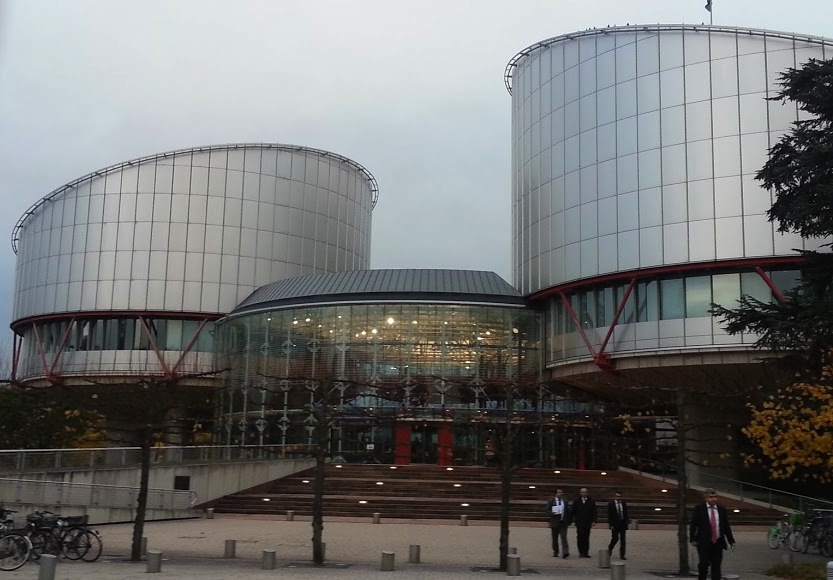On 5 July 2016, the European Court of Human Rights, in its judgment in O.M. V. Hungary ruled that the immigration detention of an LGBT asylum-seeker had violated Article 5 of the European Convention of Human Rights, enshrining the right to liberty and security of person.
In particular, the Court found that the Hungarian authorities had failed to make an individualized assessment or take into account the applicant’s vulnerability within the detention facility because of his sexual orientation.
The ICJ, alongside the AIRE Centre, ILGA-Europe and ECRE had intervened in this case.
The Court’s judgment has, once again, recognized the fundamental right of asylum-seekers to protection – no matter their sexual orientation or gender identity.
Background
O.M. is an Iranian national who requested asylum in Hungary after travelling to Europe via Serbia.
On arriving in Hungary in early 2014 he was arrested and placed in a detention facility, where he was kept for 58 days.
He claimed asylum based on his homosexuality and the fact that were he to be returned to Iran he faced severe penalties because of his sexual orientation, including the death penalty.
During his time in detention, O.M. repeatedly asked the asylum authority to release him from the detention facility or transfer him to an open facility due to the harassment he faced because of prejudice against his sexual orientation.
His was eventually released on 22 August 2014 and in October 2014 he was recognized as a refugee.
The Court made a strong statement in favour of the rights of LGBT asylum seekers: “…when asylum seekers claim to be a part of a vulnerable group in the country which they had to leave, the authorities should exercise particular care in order to avoid situations which may reproduce the plight that forced these persons to flee in the first place. In the present case, the authorities failed to do so when they ordered the applicant’s detention without considering the extent to which vulnerable individuals –for instance, LGBT people like the applicant – were safe or unsafe in custody among other detained persons”.

